Communication plays an important role in our relationships as it is what allows us to express our thoughts and feelings. Practicing effective communication is something many of us continue to learn as we try to better connect with each other. If we find ourselves struggling to share our point of view, we risk a situation where our information can be misunderstood. Misunderstandings can also arise when we are not listening attentively and respectfully. Thus, we should work to communicate in a healthy, efficient manner while actively listening when others speak.
Communication also comes into play when we need to express our boundaries within our relationships. Healthy boundaries help us maintain our values as well as our sense of self. They help establish mutual respect in our relationships and let those around us know how we wish to be treated. If we start to feel uncomfortable in specific situations, it can act as an indicator to us that a boundary may need to be communicated.
Practicing healthy communication is often easier said than done. Many struggle and feel the need to constantly justify the reasoning behind their boundaries. The fear of saying no and experiencing backlash may cause some to resort to people-pleasing, meaning we put the needs and comfort of others before our own. When we do this on a regular basis, it can result in us feeling burnt out or feeling as if we’ve lost our sense of self.
Luckily, there are ways to build these communication skills so we can create healthier relationships with ourselves and others. An example of an exercise you can do to practice involves the Setting Boundaries worksheet found below. The goal of this exercise is to help us understand our boundaries, and know what to do when setting them. There are some examples of what we can say to communicate effectively. Another example below teaches us the acronym: J.A.D.E. This acronym stands for don’t justify, argue, defend, or explain. It can act as a helpful reminder for us in cases where we may be experiencing difficulties with codependency or gaslighting in our relationships.
Resources
- Worksheet: Setting Boundaries
- Dealing with Difficult Family Members: Dont Justify, Argue, Defend, or Explain
- Effective Communication: Improving Your Interpersonal Skills
